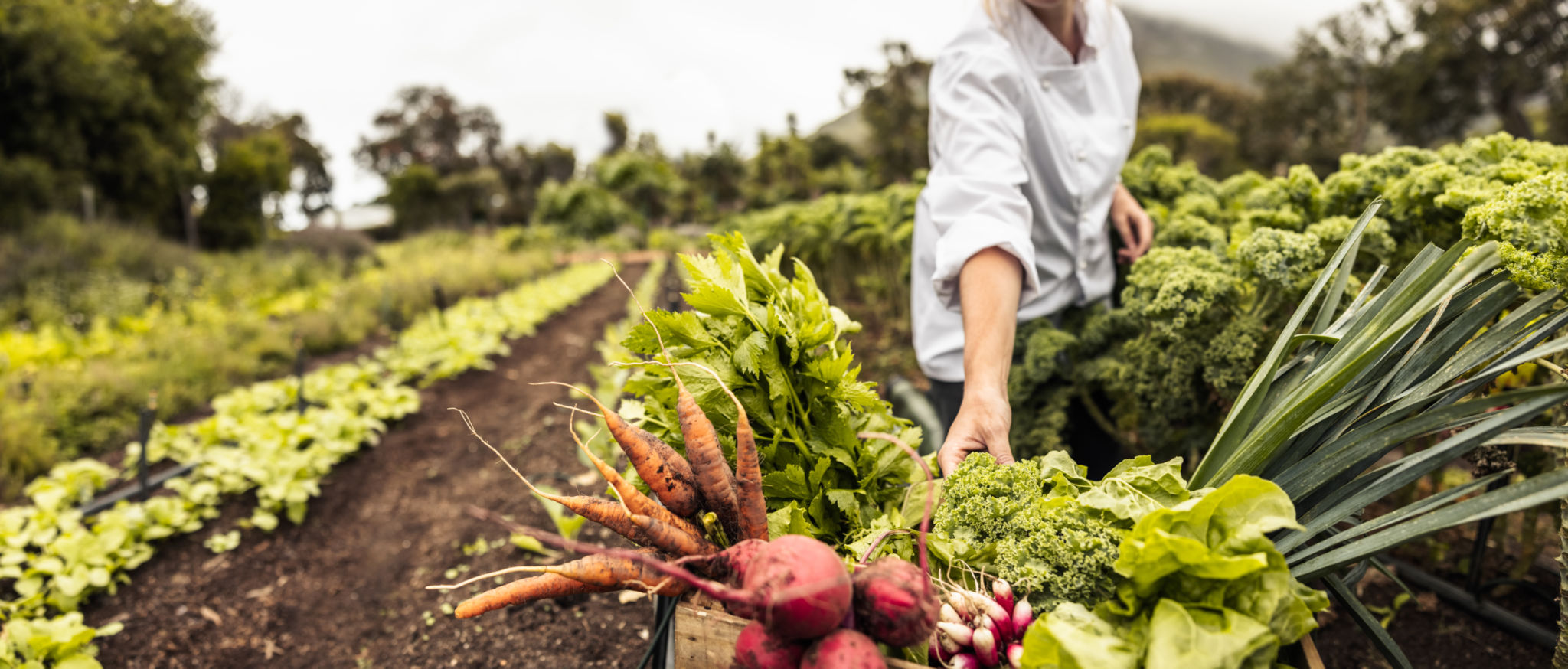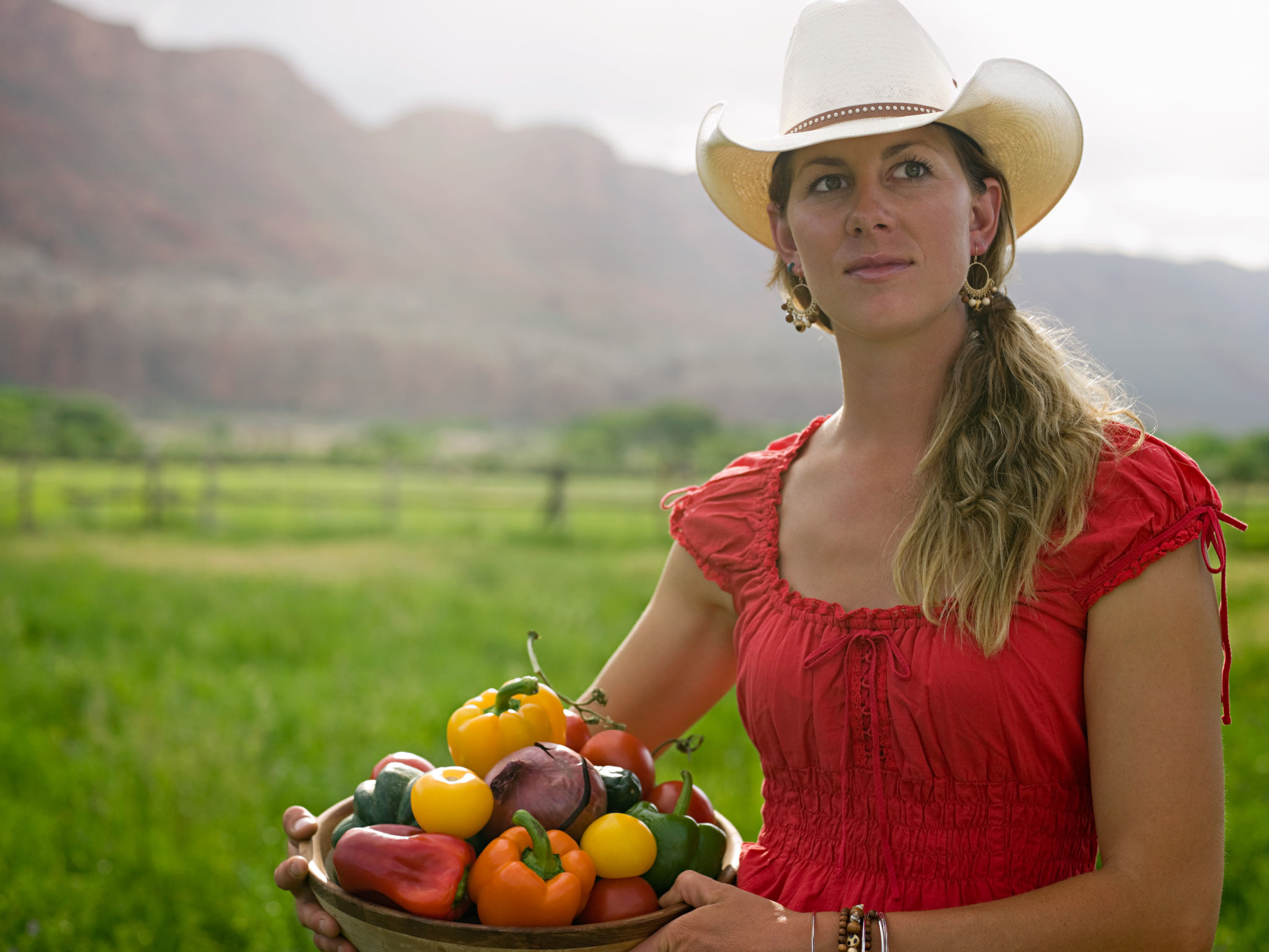Myth-Busting: Common Misconceptions About Organic Farming
Understanding Organic Farming: Debunking the Myths
Organic farming is an agricultural method that emphasizes sustainable and environmentally friendly practices. Despite its growing popularity, there are numerous misconceptions surrounding it. These myths often lead to confusion and misinformation among consumers. In this blog post, we'll explore some common misconceptions about organic farming and shed light on the truth behind them.

Myth 1: Organic Farming Uses No Pesticides
One of the most prevalent myths is that organic farming doesn't use any pesticides. While it's true that organic farming restricts the use of synthetic pesticides, it does allow for natural alternatives. Organic farmers use a range of naturally derived substances to combat pests and diseases, such as neem oil, pyrethrin, and copper sulfate. These methods are designed to minimize environmental impact while maintaining crop health.
It's important to understand that the goal of organic farming is not to eliminate all pesticide use but to utilize them responsibly and sustainably. By doing so, organic farmers can effectively manage pests without relying on harsh chemicals.
Myth 2: Organic Foods Are Completely Free of Chemicals
Another common misconception is that organic foods are entirely free of chemicals. In reality, organic foods can still contain trace amounts of chemicals from the natural pesticides and fertilizers used. However, these levels are generally much lower than those found in conventionally grown produce.

The key difference lies in how these chemicals are used and regulated. Organic farming practices prioritize the use of substances that have minimal impact on human health and the environment, ensuring that any chemical residues on organic produce are well within safe limits.
Myth 3: Organic Farming Is Always More Environmentally Friendly
While organic farming aims to be more sustainable, it's not always more environmentally friendly than conventional methods. The environmental impact of farming depends on various factors, including location, crop type, and farming practices. For instance, organic farming typically requires more land due to lower yields compared to conventional farming, which can lead to deforestation and habitat loss.
However, organic farming does have significant benefits, such as promoting biodiversity, improving soil health, and reducing water pollution. It's essential to consider these factors when evaluating the environmental impact of different farming practices.

Myth 4: Organic Farming Is Inefficient and Can't Feed the World
Critics often argue that organic farming is less efficient and unable to meet the global food demand. While it's true that organic yields can be lower than conventional ones, the gap is not as wide as some might believe. Advances in organic agricultural techniques have led to improved yields and increased productivity.
Moreover, the focus on sustainability and resource conservation means that organic farming can play a crucial role in ensuring long-term food security. By prioritizing soil health and biodiversity, organic practices help maintain the ecosystem's balance, which is essential for future food production.
Conclusion: The Truth Behind Organic Farming
Organic farming is a complex and multifaceted approach to agriculture that prioritizes sustainability and environmental health. While myths and misconceptions abound, it's important to recognize the benefits and limitations of organic practices. By understanding the true nature of organic farming, consumers can make informed choices about the foods they purchase and support a more sustainable future for agriculture.